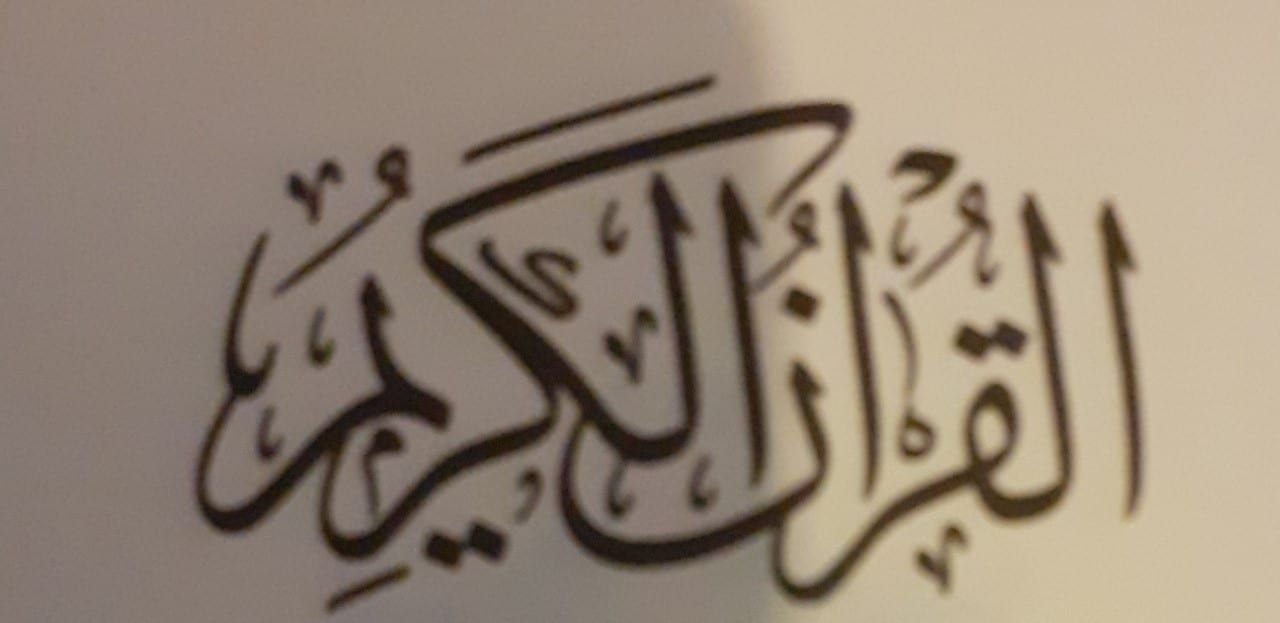In The Name of Allah, The Most Merciful, The Bestower of Mercy.
Imam Ash-Shawkaanee [may Allaah have mercy upon him] said: The statement “there is no Inkaar (sternly manifesting one’s disapproval) in the issues of Khilaaf (differing)” has indeed become the greatest means to blocking the path to enjoining good and forbidding evil”. [1]
Imam Muhammad Ibn Abdul Wahhaab [may Allah have mercy upon him] said: If the utterer of the statement “there should be no Inkaar (i.e. sternly manifesting one’s disapproval) in issues of Khilaaf (i.e. differing)” intends the issues of khilaaf, this statement is false according to the consensus of the scholars. The Messenger’s companions and those who succeeded them did not cease showing disapproval of error regardless of who he (i.e. the person who made the mistake) was, even if he was the most knowledgeable and pious amongst the people. When it is the fact that Allah sent Muhammad [peace and blessings of Allah be upon him] with guidance and the true religion, commanded us to follow him and abandon that which opposes him, then part of the perfection of this affair is that whoever – amongst those scholars who err- opposes his path (i.e. in any affair), then such scholar is notified of his error and the error is rejected. However, if the utterer of the statement that “there is no Inkaar in issues of khilaaf” intends the issues of Ijtihaad about which there is no one view (opinion or stance) that stands out to be the one with more weight (or there is room to allow different views within the proofs), then his statement is correct. [2]
Some people are under the illusion that what is intended by this statement “there is a no Inkaar in issues of khilaaf” is that it is not permissible to show stern disapproval regarding any affair in which difference of opinion is held; so based on this (illusion of theirs), it becomes impermissible to disapprove of a Munkar (an evil) unless there is complete agreement in doing so. This is a wrong understanding that would necessitate a cessation of enjoining good and forbidding evil. What is correct regarding this statement “there is no Inkaar in issues of Khilaaf” is that there should neither be harshness in disapproval nor reprimand with regards to those issues about which there is no manifest proof to be taken as the final (affair). The basis upon which this is founded is that the issues of khilaaf are of two types: The type is those issues about which there is proof necessitating that it be taken as the final (decision); so here the proof must be taken and the other statement (opinion) in opposition is discarded. And whoever follows the statement (opinion) that is established to be in opposition to the proofs, then he is shown disapproval (i.e. clearly stated to him that what he holds is wrong without going into excess). The second type is those issues about which the proof has not been manifested to be taken as the final (decision). It is an affair in which the evidence is either at contention or the views are at variance. This is an issue of ijtihad, and there is neither disapproval nor reprimand against the one in opposition; rather advice is given for acquaintance with the statement (opinion) that carries more weight. This second type is what is intended by the statement “there is no Inkaar in issues of khilaaf”, which some people have understood in an unrestrictive manner. [3]
Imaam Ibnul Qayyim [may Allah have mercy upon him] said, “There is no excuse in the presence of Allah on the day of judgment for the one that the (authentic) Prophetic reports and narrations reached in a subject matter of the religion that are not opposed by any other texts – (i.e. texts that deal with the it based the Aam, Khaas, Mutlaq and Muqayyid, or dealt with based on the Muhkam and Mutashaabih etc), or its ruling – if he turns away from them”. [4]
We ask Allah:
اللّهُـمَّ رَبَّ جِـبْرائيل ، وَميكـائيل ، وَإِسْـرافيل، فاطِـرَ السَّمواتِ وَالأَرْض ، عالـِمَ الغَيْـبِ وَالشَّهـادَةِ أَنْـتَ تَحْـكمُ بَيْـنَ عِبـادِكَ فيـما كانوا فيهِ يَخْتَلِفـون. اهدِنـي لِمـا اخْتُـلِفَ فيـهِ مِنَ الْحَـقِّ بِإِذْنِك ، إِنَّـكَ تَهْـدي مَنْ تَشـاءُ إِلى صِراطٍ مُسْتَقـيم
O Allah! Lord of Jibraa’eel, Meekaa’eel, and Israafeel, Creator of the heavens and the Earth, The Knower of the seen and the unseen. You judge between Your slaves regarding in that which they differ. Guide me to the truth regarding that in which there is differing, by Your Will. Verily, You guide whomever you will to the straight path. [Saheeh Muslim 770]
The scholars say that these creations [i.e. Jibraa’eel, Meekaa’eel, Israafeel, the heavens, and the earth] have been specifically mentioned, even though Allah is the Creator of all the creation, just as has been established in the Qur’an and authentic Sunnah with regards to the specific mention of every created thing that has a great and mighty status as one of Allah’s creation, such as the statement, “Lord of the Heavens and the Earth”, “Lord of the Supreme Throne”, “Lord of the Angels and Jibreel”, “The Lord of the two Easts (places of sunrise during early summer and early winter) and the Lord of the two Wests (places of sunset during early summer and early winter)”, “The Lord of Humankind”, “The King of Humankind”, “The Only True God of Humankind”, “The Lord of all Created Things”, “The Lord of the Prophets”, “The Creator of the Heavens and the Earth”, “The Originator of the Heavens and the Earth” etc. All these things and what is similar to them show Allah’s Greatness, All-encompassing Power, and absolute Sovereignty. [5]
In this supplication, one employs the means of seeking Allah’s (love, aid, pleasure, assistance, etc) through belief and affirmation that He is the Lord – in general and specific – of these three Angels, who have been given a means of giving life. Jibra’eel is given the responsibility to convey the revelation (to the Prophets) by way of which the hearts and souls are given that type of life that necessitates the presence of sound belief in the heart that leads to all righteous deeds. Meekaa’eel is given the responsibility to bring the rain by way of which the earth, the vegetation, and animals are given life, and Israafeel is given the responsibility to blow the trumpet by way of which the creation is resurrected after their death. Also employing the means of seeking Allah’s (love, aid, assistance, pleasure, etc) through belief and affirmation that Allah alone is the Originator of the heavens and earth, meaning, He is their Creator and the one who brought them into existence prior to their non-existence, and that He is the knower of the unseen and the seen- meaning, the hidden and apparent, and because He alone is the One Who judges between the servants in that which they differ, so that He guides you to the truth in that which they differ. As for guidance, it is knowledge of the truth together with having the intent to follow the truth and preferring it over other things. The guided person acts upon the truth and desires it, and it is the Greatest blessing of Allah bestowed on the servants. We ask Allah to guide us all to the straight path and grant us every good. [6]
Photography, Selfies, and Picture-making are from the Major Sins, Proven by the Authentic Narrations: Heads and Faces on Photos Should be Erased or Removed: That is the Sunnah.
https://abukhadeejah.com/photography-and-picture-making-adh-dhahabi/
The Prohibition of Al-Qaza’ ― A Type of Hairstyle Disallowed by Allah’s Messenger Where a Part of the Head is Shaved and Other Parts are Left Long… Imitating the Styles and Fashions of the Unbelievers.
https://abukhadeejah.com/the-prohibition-of-qaza-hairstyle-disallowed-by-allahs-messenger/
[1] An Excerpt from “As-Sayl Al-Jarraar”. 4/588
[2] An Excerpt from “Ad-Durar As-Saniyyah” 4/8
[3] An Excerpt from “Ibaaraat Moohimah”. page 25
[4] An Excerpt from “I’laam Al-Muwaqqi’een” 3/300-301
[5] Sharh Saheeh Muslim 5/50
[6] An Excerpt from Fiqh Al-Ad’iyah Wal Ad’kaar 3/139-140











